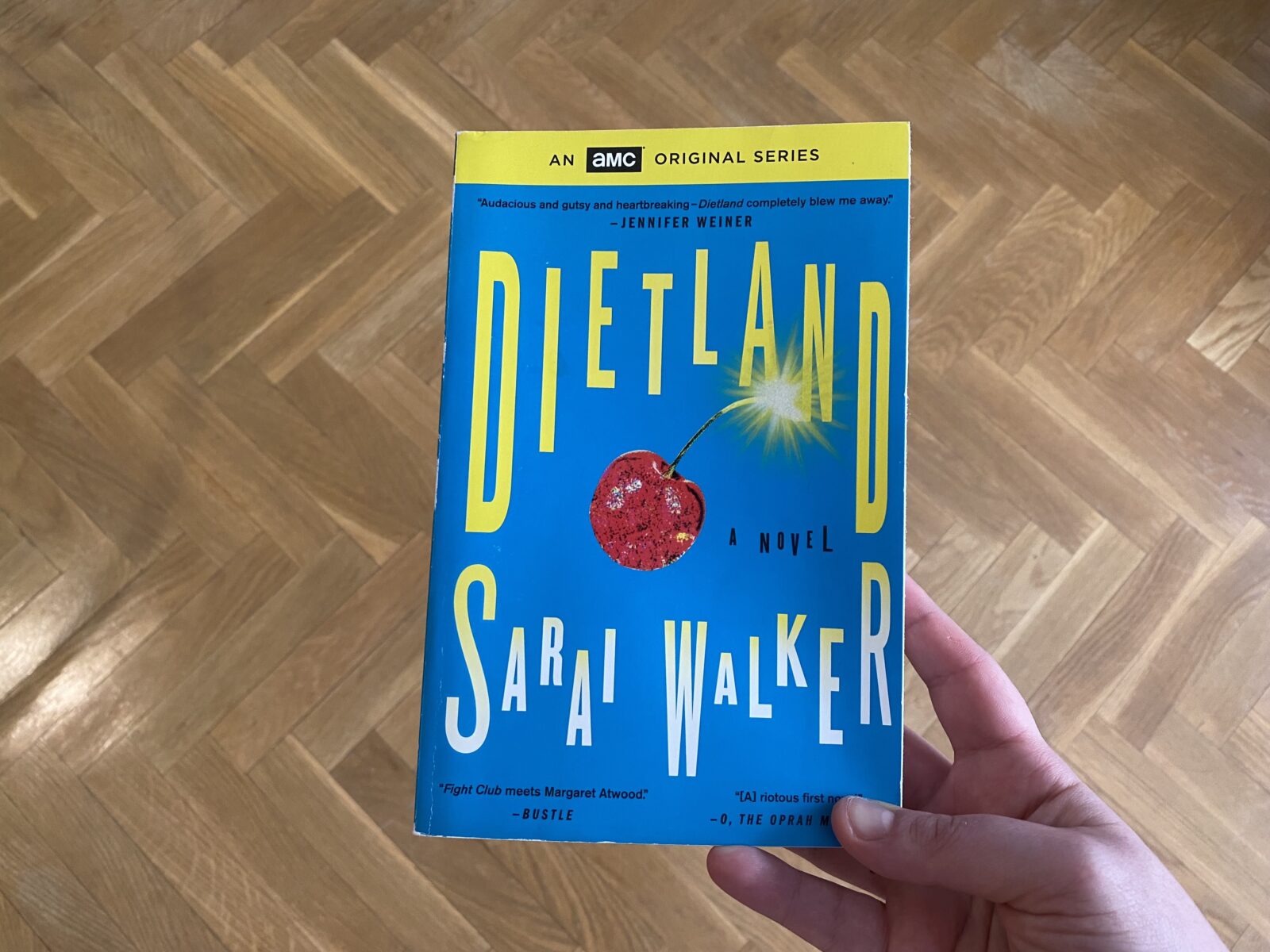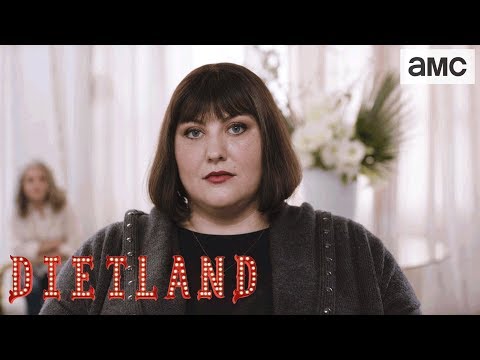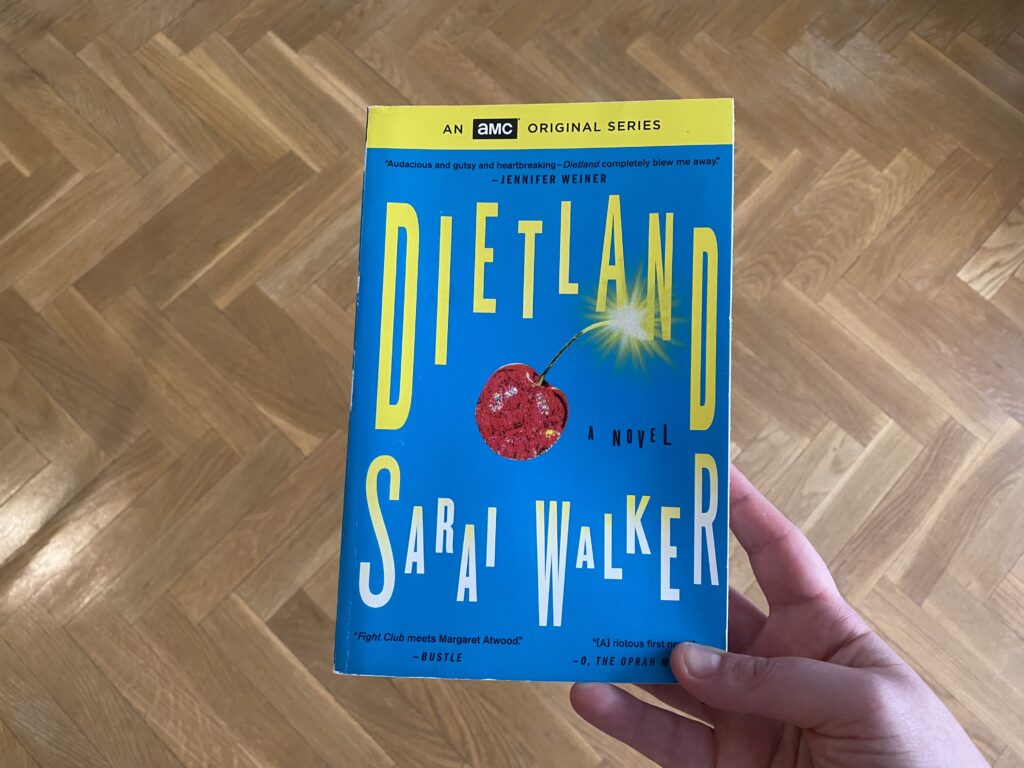I first heard about Dietland (the series) while listening to the podcast Made of Human (totally recommend, now called Who Hurt You?), where the host Sofie Hagen interviewed the actor portraying the main character. It’s premise at first seemed like something from the future—a fat woman who hates herself and is planning to have bypass surgery meets incredible women who change her way of thinking and she has a revelation: that the more time she spends trying to change herself, the less time she has to fight the patriarchy and sexism, which is what the current system wants. So she starts the process of loving herself and accepting herself as is, and then is invited to join a group of women who are murdering men who have committed horrendous, violent crimes against women. Still with me?
First of all, FUCK YES. To all of it. Second of all, the series was pretty damn good. It was so refreshing to see women for once not getting murdered left and right, because on mainstream television (NCSI/Criminal Minds/do I have to keep going?) 95% of victims are always women. It was also amazing to see characters with real body types. I choose what I watch very carefully because I believe that seeing thin body types all of the time (literally all of the time) can be and is very damaging. Representation matters. Just like seeing LGBTQ+ characters, and Asian characters, and Black characters, matter. Representation matters, and I applaud each and every series that is doing its best to achieve that. I’m looking at you, Grey’s Anatomy 😉
Dietland was originally a book by Sarai Walker, and you can see just how radical it was even though it was only published in 2015. In fact, the author herself says in the acknowledgements that only one publishing house would even consider her manuscript. It is much like the series, although the series goes much farther in terms of the main character’s development and revolutionary actions towards the end.
In fact, the series has a completely different ending, one in which the main character is betrayed by another woman who was originally helping her. At first glance, it’s like, okay, they needed a snappy ending for the series that would keep people wanting to see a second season (even though a second season was never made). However, after thinking about this treasonous ending, I got mad. Indignant really. Indignant because it perpetuates the (overused and not even true) trope that women are out to get each other, that we can’t be trusted, and that our competition is other women. Indignant because it distracts from one of the book’s main points that men’s violence against women is unacceptable, and that men’s violence is what makes men the true enemy of women. You might be thinking that I exaggerate, but men commit the large majority of homicides, and the majority of women that die violent deaths, die at the hands of men. And this ending betrays those ideas and tries to make the series more palatable to certain types of viewers (I will leave you to guess which ones).
So I guess my conclusion is, the book is always better.


